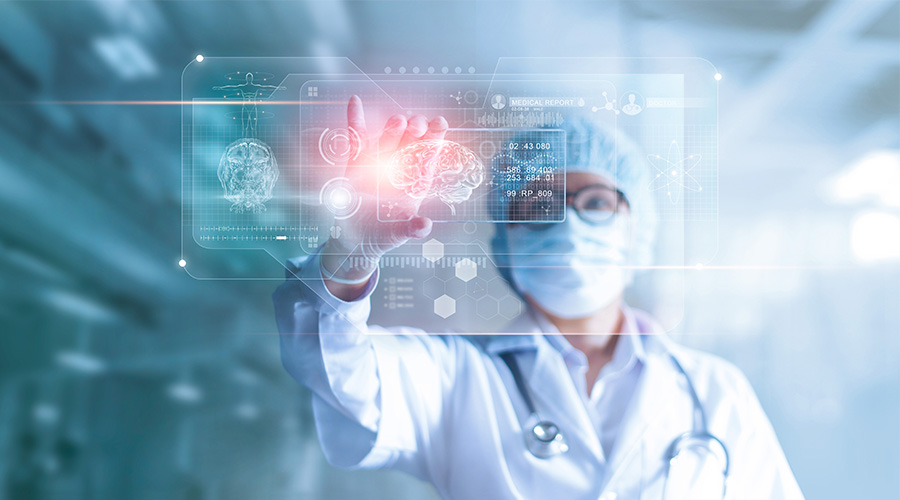Revolutionizing Patient Care: A Case Study on the Latest Innovations in Healthcare Technology

The healthcare sector is undergoing a transformative phase with the advent of cutting-edge technologies. From advanced diagnostic tools to sophisticated patient management systems, the integration of technology into healthcare has the potential to significantly improve patient outcomes and streamline healthcare delivery. This case study explores the latest innovations in healthcare technology, focusing on their implementation, impact, and future potential.
Telemedicine: Expanding Access and Efficiency
Background: Telemedicine has emerged as a groundbreaking technology, especially during the COVID-19 pandemic. It enables remote consultations between patients and healthcare providers through video calls, apps, and other digital platforms.
Implementation: A prominent healthcare provider, XYZ Health Systems, integrated a telemedicine platform into their services to address the surge in demand for remote consultations. They implemented a user-friendly app that allows patients to book virtual appointments, access their medical records, and receive prescriptions electronically.
Impact:
- Increased Access: Patients in remote or underserved areas can now access specialist care without the need to travel long distances.
- Efficiency: The platform has reduced wait times for consultations and improved the overall patient experience.
- Cost Savings: By minimizing the need for physical office visits, both patients and healthcare providers have realized cost savings.
Future Potential: Telemedicine is expected to continue evolving with advancements in AI and machine learning, which could enhance diagnostic accuracy and personalize patient care even further.
AI and Machine Learning in Diagnostics
Background: Artificial Intelligence (AI) and Machine Learning (ML) are increasingly being used to assist in diagnostics by analyzing medical images and patient data with high accuracy.
Implementation: ABC Diagnostic Labs has adopted an AI-powered imaging system to analyze MRI scans and detect abnormalities such as tumors and fractures. The system uses deep learning algorithms to compare scans against vast databases of medical images.
Impact:
- Accuracy: The AI system has improved diagnostic accuracy by reducing human error and identifying conditions that may be missed by the human eye.
- Speed: Diagnostics that previously took days can now be completed in a matter of hours, allowing for quicker treatment decisions.
- Cost Efficiency: Reduces the need for repeated scans and tests, lowering overall healthcare costs.
Future Potential: AI in diagnostics is anticipated to advance further with the integration of real-time data and patient history, leading to more precise and personalized medical care.
Wearable Health Technology: Monitoring and Management
Background: Wearable health technology, such as smartwatches and fitness trackers, has gained popularity for its ability to monitor various health metrics continuously.
Implementation: DEF Health Innovations introduced a smartwatch equipped with advanced sensors to monitor vital signs like heart rate, blood oxygen levels, and electrocardiograms (ECGs). The data collected is synchronized with a mobile app, providing users and healthcare providers with real-time health information.
Impact:
- Proactive Care: Continuous monitoring allows for early detection of potential health issues, enabling timely intervention.
- Patient Engagement: Patients are more engaged in managing their health due to the immediate feedback provided by the wearable device.
- Data Collection: The app collects valuable data that can be used for research and improving healthcare services.
Future Potential: Wearable technology is expected to integrate more seamlessly with other health systems, enabling comprehensive health management and personalized treatment plans.
The integration of telemedicine, AI, and wearable health technology represents a significant leap forward in the healthcare sector. These innovations are not only improving patient outcomes but also making healthcare more accessible, efficient, and cost-effective. As technology continues to evolve, its potential to enhance the quality of care and transform the healthcare landscape will undoubtedly grow, paving the way for a healthier future.